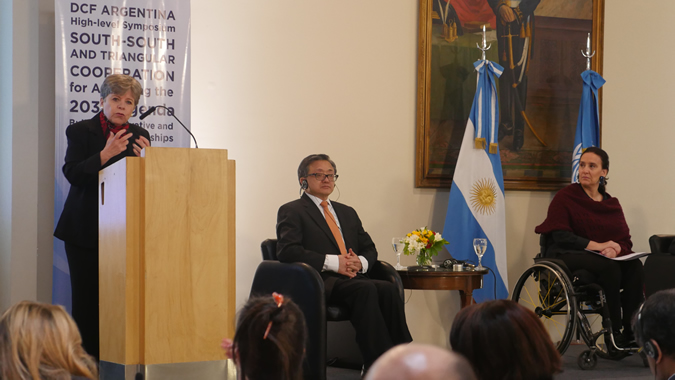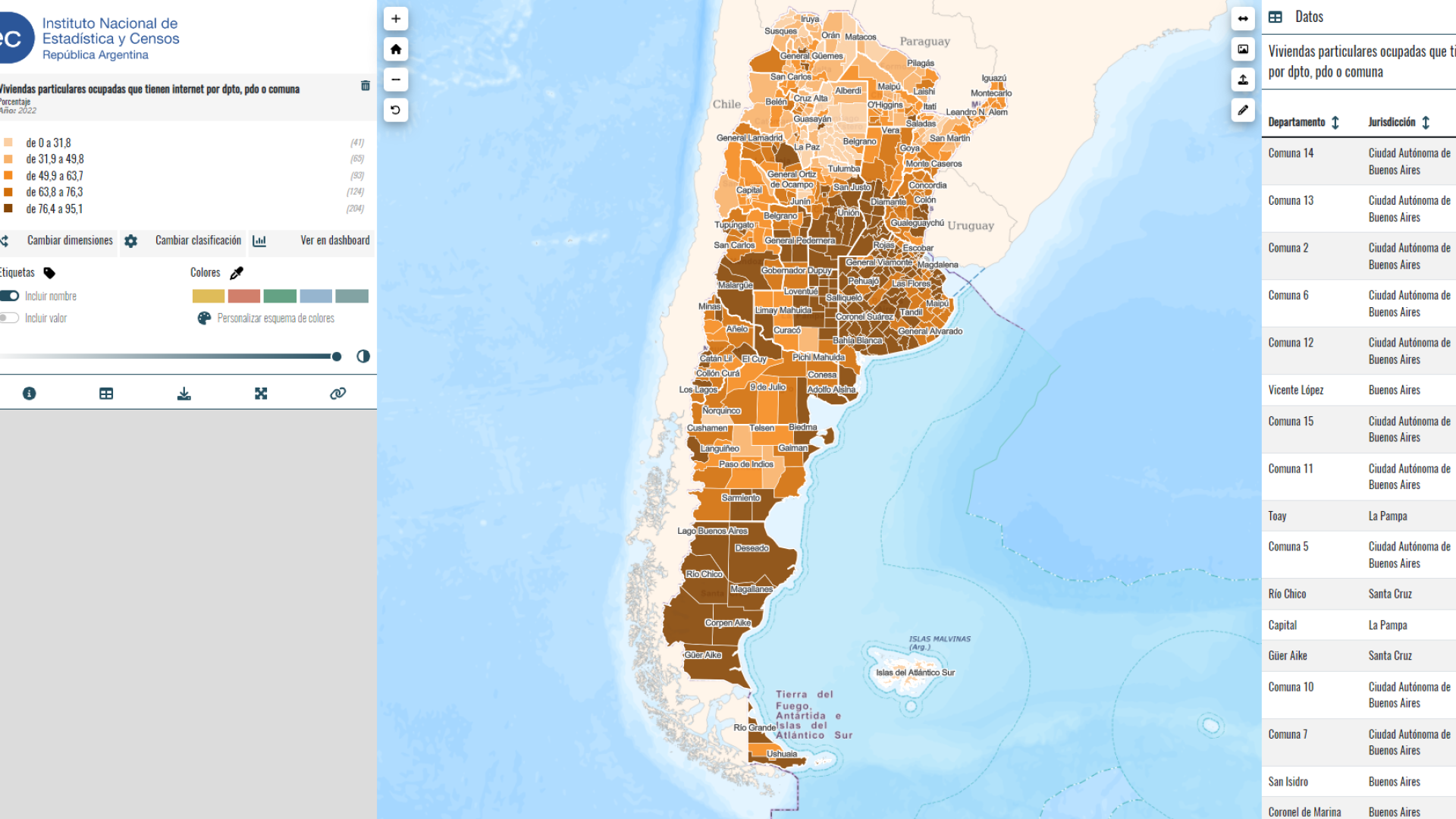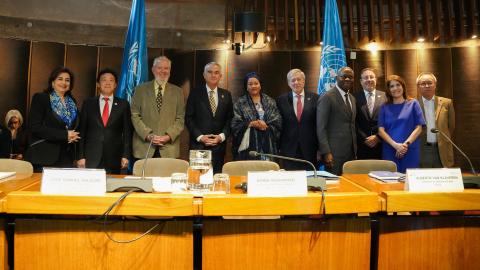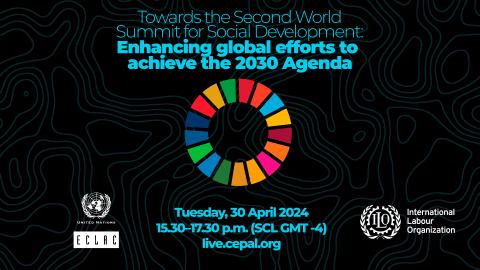Briefing note
“Today more than ever, cooperation must be promoted and expanded on multilateral bases if we want to achieve the Sustainable Development Goals (SDGs) by 2030,” said the Executive Secretary of the Economic Commission for Latin America and the Caribbean (ECLAC), Alicia Bárcena, this Thursday in Buenos Aires while participating in a meeting organized by the Argentine government and the United Nations Economic and Social Council (ECOSOC).
The DCF Argentina High-level Symposium on South-South and Triangular Cooperation for Achieving the 2030 Agenda: Building Innovative and Inclusive Partnerships was inaugurated by the Vice President of Argentina, Gabriela Michetti; the Minister of Foreign Affairs and Worship, Jorge Faurie; the Under-Secretary-General for Economic and Social Affairs, Liu Zhenmin; and ECLAC’s Executive Secretary, Alicia Bárcena.
Bárcena said that the current global context – marked by the weakening of multilateralism, the return of protectionism and rising extremist political movements – has contributed to the deterioration and, in some cases, abandonment of a cooperation agenda consistent with the commitments undertaken in 2015 by the international community in the framework of the 2030 Agenda.
“The system of international cooperation must seek a comprehensive, broad response to the challenges of sustainable development: in addition to including lower-income countries, it should also take into consideration the very diverse needs and vulnerabilities of middle-income countries,” she remarked.
According to the World Bank classification in June 2017, there are 25 middle-income countries in Latin America and the Caribbean, 7 high-income (5 are Caribbean) and only one low-income country, she pointed out.
GDP per capita, according to Bárcena, is not a good indicator of the level of economic and social development of a country, nor of its capacity to move forward in terms of sustainable development. It is therefore necessary to make progress on new and original formulas, among them South-South and triangular cooperation, she sustained.
South-South cooperation today represents some 20 billion dollars annually – equivalent to 15.2% of all Official Development Assistance, according to United Nations figures. And triangular cooperation, already in place in Latin America and the Caribbean, allows the comparative advantages of each partner involved to be leveraged, thus generating shared benefits and promoting replicability across projects, she assured.
A concrete example of this type of initiative is ECLAC’s proposal for a strategy for reducing the external public debt of English-speaking Caribbean countries, considered small island developing States, through the creation of a regional resilience fund to finance measures to adapt to and mitigate climate change, an issue that is becoming more urgent daily, emphasized Bárcena.
Just this Thursday, the Executive Secretary sent a letter to all Heads of State of Caribbean islands affected by the successive, devastating and unprecedented storms that have battered the subregion in the space of just two weeks.
In her letter, the senior representative expressed her solidarity with victims and offered the institution’s support and assistance for the important task of post-storm damage and loss assessment (DaLA), applying the methodology used by ECLAC in these cases.
The region must make efforts to tie South-South and triangular cooperation into a broad, multifaceted concept of development aimed at improving living standards, but also at achieving processes of inclusive growth that address social and productive inequality, indicated Bárcena, highlighting the Forum of the Countries of Latin America and the Caribbean on Sustainable Development, which met for the first time this year in Mexico, as a space for regional dialogue.
Finally, Bárcena reminded attendees that the United Nations is currently reforming its development system in order to more efficiently respond to the emerging needs and challenges in areas such as technology and new social imperatives.



